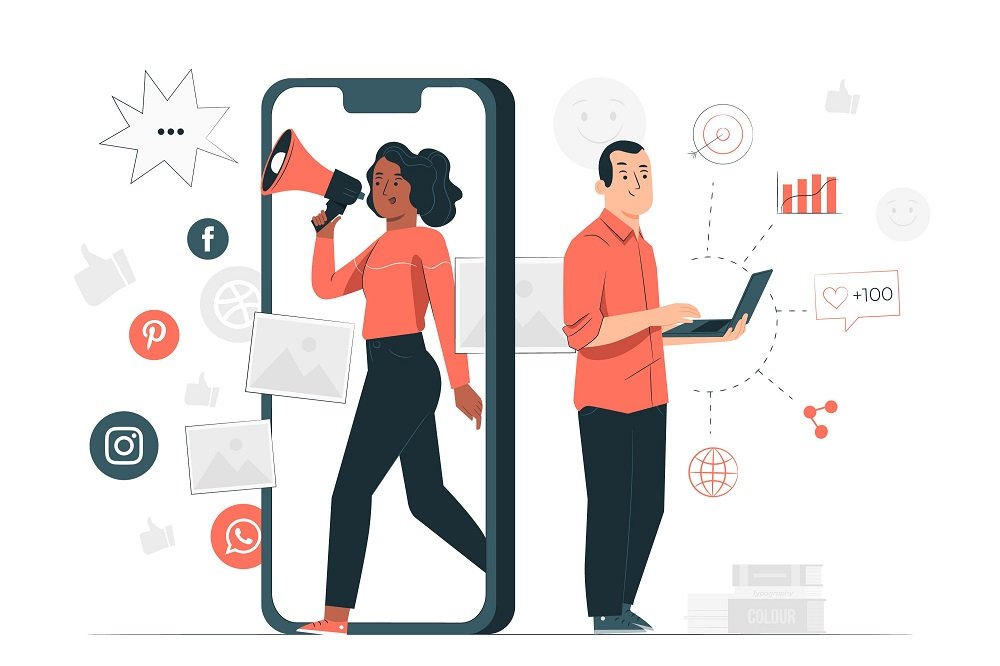Experiential marketing is a novel and successful way to attract clients to your company.
A business’s consumer base is more likely to stay for the long term, share the company’s products, and interact with the brand if it provides unique experiences and memorable marketing methods.
What Exactly Is Experiential Marketing?
Experiential marketing is a marketing strategy that improves client integration and involvement with a company’s specialized products and services.
Instead of simply pushing products toward a certain target group or niche, experiential marketing engages customers with products that are suited to their needs and desires.
Experiential marketing gives customers the ability – and desire – to interact with the brand through the products and services available.
Brands can deepen their relationships with their customer target market by providing products and services that provide a one-of-a-kind experience.
What Is the Importance of Experiential Marketing?
Keeping your customers happy and satisfied is likely one of the primary goals of most organizations worldwide.
Businesses can rely on a consistent flow of cash if they have delighted consumers who want to keep coming back for more.
Experiential marketing can help to promote contact between a niche target market and a company’s leaders.
Nonetheless, this form of marketing strategy improves client feedback, satisfaction, and retention rates.
Experiential Marketing: What Are the Advantages?
Experiential marketing has various advantages over conventional marketing options for both new and established firms.
The following are the primary benefits of this type of marketing strategy:
- Customer involvement that is personalized and tailored
- Customer-brand/product ties that are deeper and more meaningful
- Positive immersive experience and the initial point of contact between the customer and the brand
- Customers and their network’s ability to share
Experiential Marketers: What Do They Do?
Experiential marketers serve as brand ambassadors and managers by conceptualizing and implementing the brand’s experiential strategy for client engagements.
A marketer will assist in the creation of live campaigns, brainstorming ways to increase brand awareness, conducting market research, tracking performance, and collaborating with other business teams.
Experiential marketers contribute to a company’s brand recognition by engaging customers in meaningful face-to-face contact with the brand.
Experiential marketers focus on driving the company’s personality, ethos, foundation, and inspiration directly to customers via enhancing brand activation.
Engaging the consumers’ five senses increases the likelihood of customers sticking with the business over time by giving valuable customer insights and offering the best experiences for the whole customer base.
What Can Experiential Marketers Do for You?
Experiential marketers can design a brand loyalty-boosting experiential marketing campaign!
Experiential marketers will develop a campaign by completing the following steps:
- Draw inspiration from the offered products as well as the brand’s ethos.
- Learn more about your niche and target market.
- Understand the company’s mission.
- Determine the worth of the items on display Engage customers
- Make contact with your target audience.
- Make it a one-of-a-kind and memorable experience.
- Analyze the experience marketing campaign and make changes for the next time.
What Do Experiential Marketers Charge?
Experiential Marketers typically cost between $25,000 to $250,000, depending on the company’s project size and complexity.
Companies can hire experiential marketers for short-term and long-term initiatives, or they can hire the same person numerous times to build a personalized experiential campaign.
The average price of experiential marketers per day is roughly $291, with the lower range coming in at only $171 and the upper end of marketers coming in at $900 for specialized marketing initiatives.
Who employs experienced marketers?
Businesses that want to engage with their target market on a deeper level could use experiential marketers to attract a diverse consumer base and enhance brand affinity.
Companies that are experiencing low client retention and interaction should hire an experiential marketer to connect with the consumer through engagement marketing.



